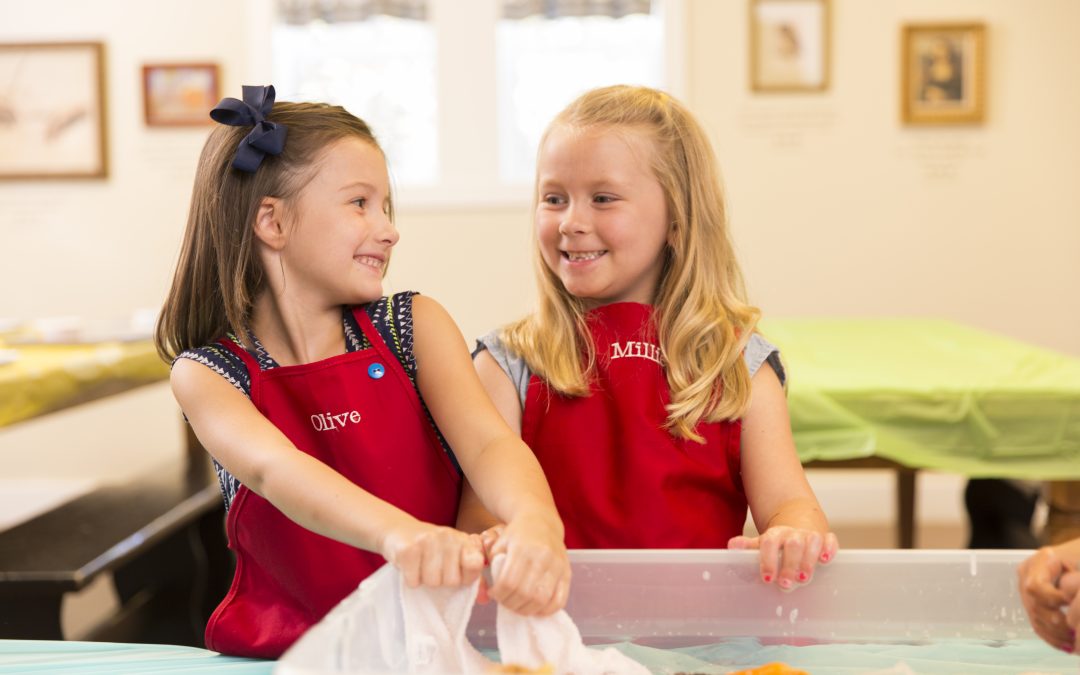Any time there is more than one child in the room, there’s likely to be some tension over some knick-knack or other. Kids under the age of 5 are just starting to develop their sense of self. They’re starting to explore and experiment with what that means for them and that can lead to some explosive interactions.
“It’s mine” and “I can do it!” are some clear examples of the development of that sense of self, as they are clear declarations of how they, as autonomous beings, are interacting with their environment. So what we might deem selfishness is a good thing. It’s a step towards your little one identifying their place in the world.
Ideas for Encouraging Sharing in Children
Now that your little one is more self-aware, they are also more aware of their environment and how it relates to them. They’ve become cognizant of their individuality and with that, they can identify what they think is theirs. They can differentiate between themselves and their favorite blanket, for instance, but that makes claiming it all the more important to them.
Teaching sharing can require some finesse. You don’t want to quash your child’s independence or steamroll any confident, self-assured behavior, but sharing is an extremely relevant skill. Humans are social creatures and sharing has always been a key aspect of that.
1. Use Positive Reinforcement
Hallelujah, you caught them sharing on their own! Let them know how happy that makes you, and don’t hold back. Kids love praise and attention and that positive reinforcement will go a long way.
2. Talk About It
Let them know why sharing is so important. It makes other people feel good! Point out good examples in others you see when you see them.
3. Practice
When you’re at home, play games that involve sharing and taking turns. Build a block tower, for instance, and tell them, “after I add this block, it’s your turn” or “I’ll share the blue blocks with you, and you share the yellow blocks with me”.
4. Logical Consequences
At the end of the line, make sure any consequences you enforce are directly related to what needs to change. Loss of privilege usually only works for kids over the age of 6, so keep the consequence short and immediate. If they’re fighting over a toy, take it immediately and put it away for ten minutes.
End it with a discussion: “what do you think you could do differently next time?”
5. Don’t Force It
Forcing a child to share negatively impacts their perception of the habit. They’ll start to associate “sharing” with “bad” or “unpleasant” and will be more reluctant to willingly share in the future.
When we say, “don’t force it”, we don’t mean to allow your little one to tyrannize others. Use patience and discretion when watching their interactions with others, and give them a little space for natural consequences.
Why It Matters
Allowing your child to autonomously choose to share also helps them develop respect for themselves and their possessions. If they’re allowed to understand that certain things are their belongings, then they are responsible for them, and as such, should treat them with care. Anytime a child is allowed to make a decision on their own, it builds their self-confidence.
A big part of Kid’s Village outstanding curriculum centers on how sharing and cooperation lead to positive rewards. Schedule a tour for more information!

